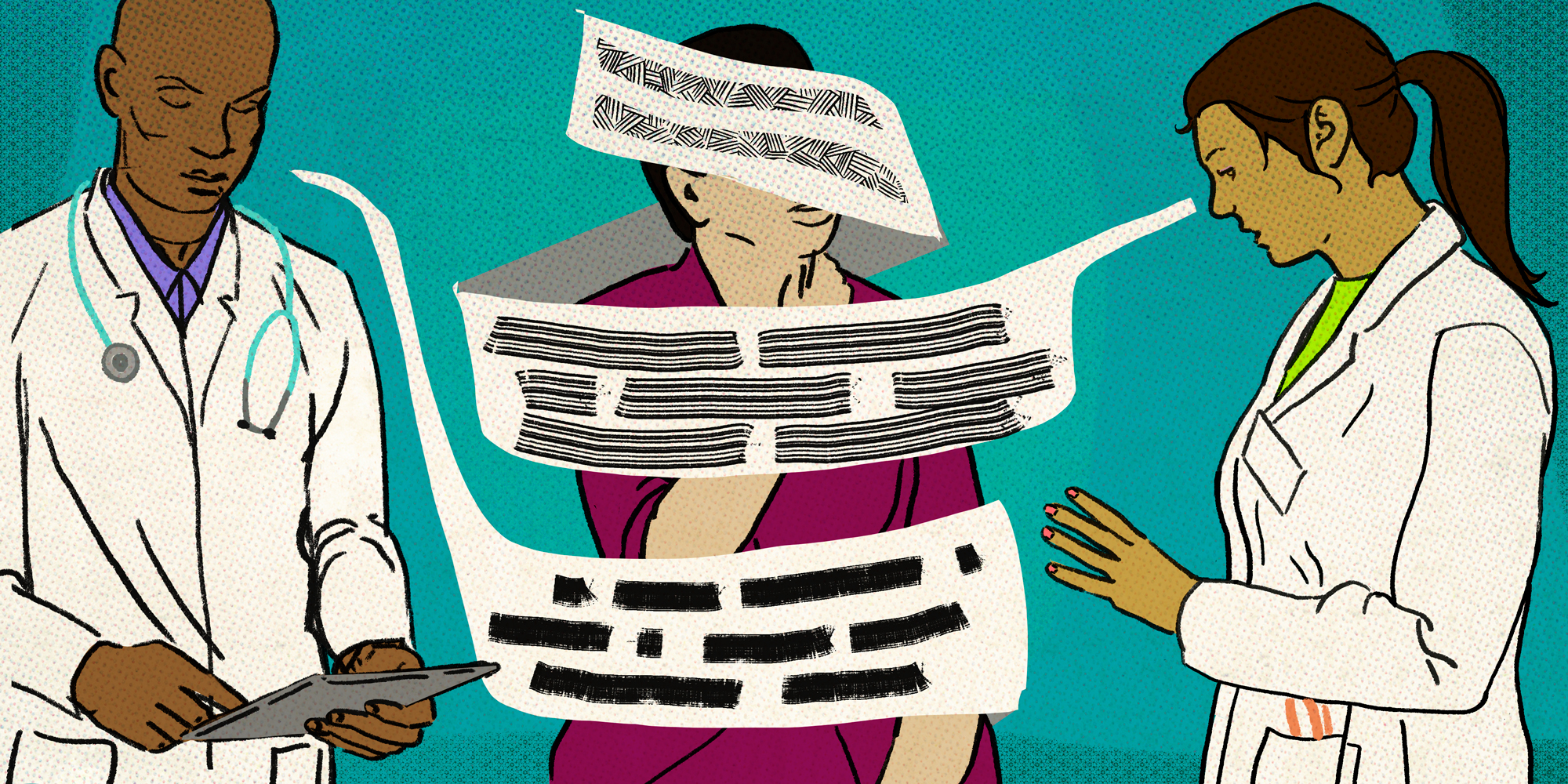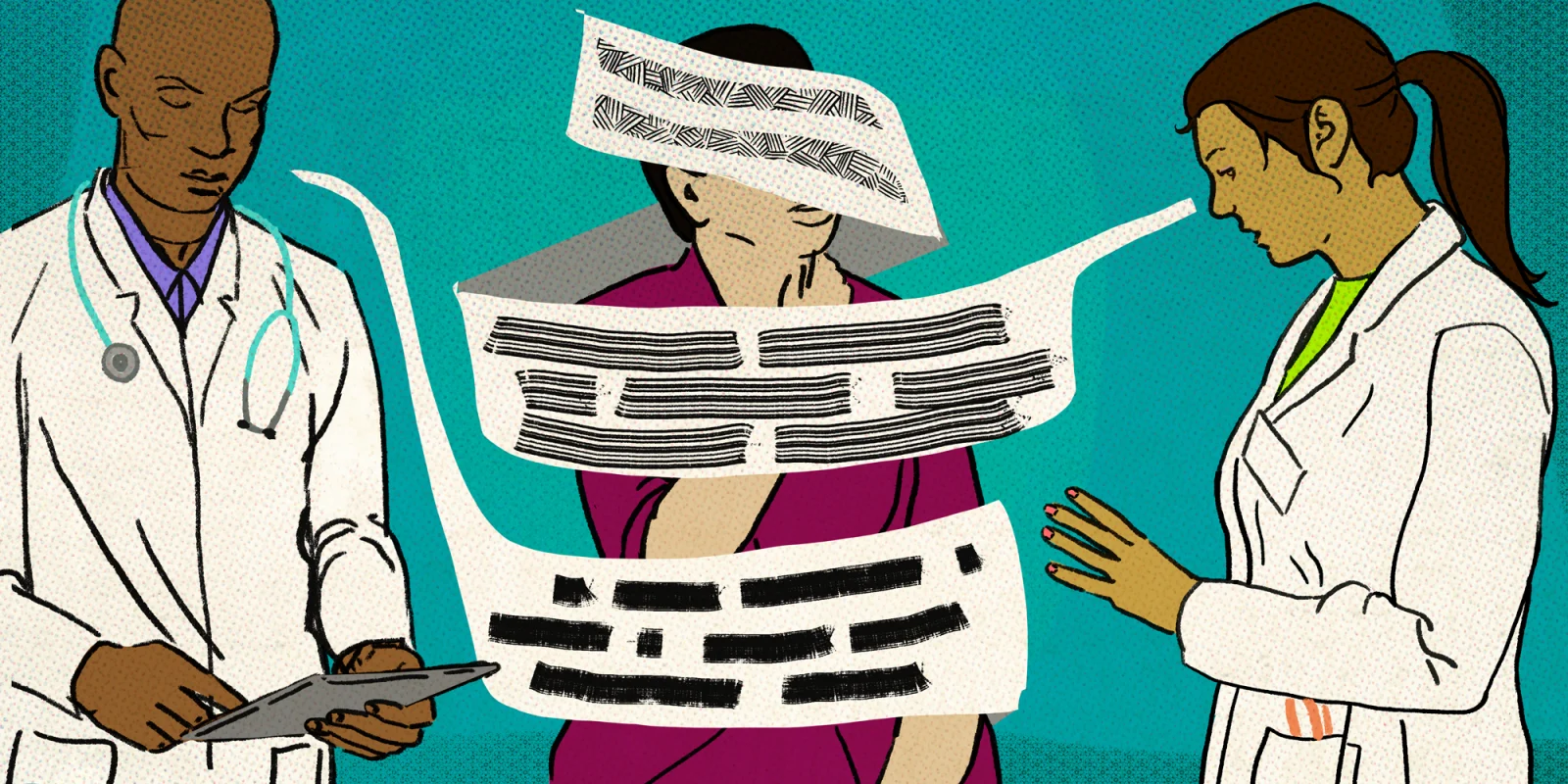 When I immigrated to the United States, I needed to learn English so that I could help my family navigate the vagaries of living in America. The heady responsibilities placed on my 8-year-old self left a lasting impression of the importance of words and language.
When I immigrated to the United States, I needed to learn English so that I could help my family navigate the vagaries of living in America. The heady responsibilities placed on my 8-year-old self left a lasting impression of the importance of words and language.
Through my elementary school ESL courses, I collected the vocabulary and the grammatical framework I needed to buy my milk in the cafeteria, get passing grades in my assignments, and, most importantly, express my thoughts and feelings to my friends and teachers.
I have re-lived learning a new language twice. Once when I was learning Spanish in high school and college, and a second time when I entered medical school. In both medical education and foreign language classes, immersion was the key to learning. This became especially pronounced during clerkships when I found myself adjusting to a new specialty, a new hospital system, and a new treatment team — each representing its own micro-culture and dialect — every few weeks.
Words, both spoken and written, have power. Our presentations become plans of action. Our patient notes become medical and legal documents. One of the enduring questions in linguistics is whether the language we speak affects the way that we think or vice versa. The idea that language influences thoughts may have even greater significance in medicine, as language filters, frames, and refines our thought processes regarding patient care. That’s why we need to ensure that the words we use in a professional setting are accurate and respectful, to our patients and to ourselves. Like any language, medical language has the ability to grow and morph. Below are some suggestions to improve our words in ways that matter to medical care and education.
Clarifying the Way We Talk About Patients in the Charts
There are a few commonly used phrases in written medicine that makes me want to grab a red pen and go to town, and “the patient failed treatment” on a patient’s progress note is one of them. Did the treatment “fail” because the patient didn’t take the medication appropriately or, in fact, did the treatment fail the patient? The phrase is obscure, and it places the burden of the patient’s treatment failure squarely on the patient's shoulders. The phrase isn’t just imprecise; it absolves the treatment – and the physician – of all responsibility which, given the challenges of our current medico-legal environment, may precisely be the point.
In fact, physicians are becoming more careful with what they are putting in patient charts as more hospitals (for better or for worse) are making clinical notes easily accessible for patients (1, 2). This may lead to one of two opposite results. On the one hand, physicians may begin striking the most egregious medical jargon and phrases from their notes to help patients understand their conditions and care. On the other hand, physicians may double down and further obfuscate their meaning, which would not only confuse patients but may also have the added adverse effect of making patient notes more difficult for other clinicians to comprehend. Time will tell whether increased access will improve or worsen medical charting, but I must confess that I am not very optimistic.
We need a concerted effort to address imprecision in our patients' charts by training doctors to write effective and smart notes. Writing is a skill that must be honed, and a lack of training in medical writing will have greater repercussions than a poorly written history paper.
Making Medical Mnemonics Less Cringe-Worthy
I learned the medical mnemonic Oh, Oh, Oh, To Touch And Feel Virgin Girls Vagina, Such Heaven! from an upperclassman, who had himself heard it from an attending. The mnemonic incorporates the first letter of each cranial nerve (olfactory, optic, oculomotor, trochlear, trigeminal, etc.) into a phrase to help remember the order of the nerves. When the upperclassman saw my frown, he pointed out that many effective mnemonics make use of shocking or crude imagery to be more memorable. I countered that the changing demographics of medical practice make sexualized, politicized, and racist mnemonics less palatable overall. In fact, if we discounted the mnemonic’s thin veneer of academic respectability as a memory tool, the phrase was indistinguishable from that of a rowdy locker room conversation.
Widely-used medical exam guides (such as First Aid) have already begun taking similar feedback from readers into account. For instance, in the 2017 edition of First Aid for Step I, the mnemonic used to remember the different layers of the skin from superficial to deep (corneum, lucidum, granulosum, spinosum, basale) was California loves girls in string bikinis. In the 2019 edition, the mnemonic reads, Come, let’s get sun burned.
Using Language Compatible with Our Values
The discussion about language is inherently political. I don’t mean “political” as in a liberal versus conservative issue. I’m using the word at its most basic definition — i.e., motivated or caused by a person’s beliefs or actions. In many cases, the battle over words is a battle over values.
Of course, in the end, the choice between which words are used — and how — is up to the individual. Unlike France’s Académie Française, or Spain's Real Academia Española, our system does not have an official body to decide and enforce the standardization of our language (with the exception of bodies that standardize diagnosis, such as the DSM). This means that consciously changing one’s words is a political act.
Admittedly, making conscientious changes to one’s everyday speech takes effort. When I was learning English, I had to make a concerted effort to use new vocabulary words. Right now, I am learning how to use proper gender-neutral pronouns (e.g., singular “they” and “them”) for individuals who prefer to be addressed as such. Every once in a while, I slip up, get flustered, and end up apologizing. But just as I learned English as an 8-year-old, I know my fluency is improving and that my efforts will ultimately be worthwhile. My language will ensure that my patients, regardless of how small or large their number, feel respected and heard.
As a fourth-year medical student and beyond, my words will have more impact — for myself and for my patients. In the overall scheme of things, I want my language to reflect my values.
Yoo Jung Kim is a medical student at Stanford University and author of "What Every Science Student Should Know" (University of Chicago Press). Her articles have appeared in the Washington Post, Nature, The Mercury News, The Seattle Times, U.S. News & World Report, and KevinMD. She serves as the chair of the Student Advisory Council at ScholarRx and a Digital Native Advisor at the Kaiser Permanente School of Medicine. She is a 2019–2020 Doximity Op-Med Fellow.
Disclaimer: I serve as Chair of the student advisory council for ScholarRx, Inc.
Illustration by Jennifer Bogartz





